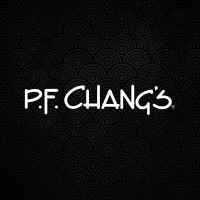
P.F. Chang's
P.F. Chang’s is a restaurant concept that honors the 2,000-year-old Asian tradition of wok cooking and believes in making food from scratch every day in every restaurant. Since inception, P.F. Chang’s chefs hand-roll dim sum, hand chop and slice all vegetables and meats, handcraft every sauce and wok-cook each recipe, every day in every restaurant using wholesome, fresh ingredients. Start a career that won’t flame out. With excellent benefits and perks, a job at P.F. Chang’s means working alongside some of the best people in the business. Apply today to join the P.F. Chang’s team.






